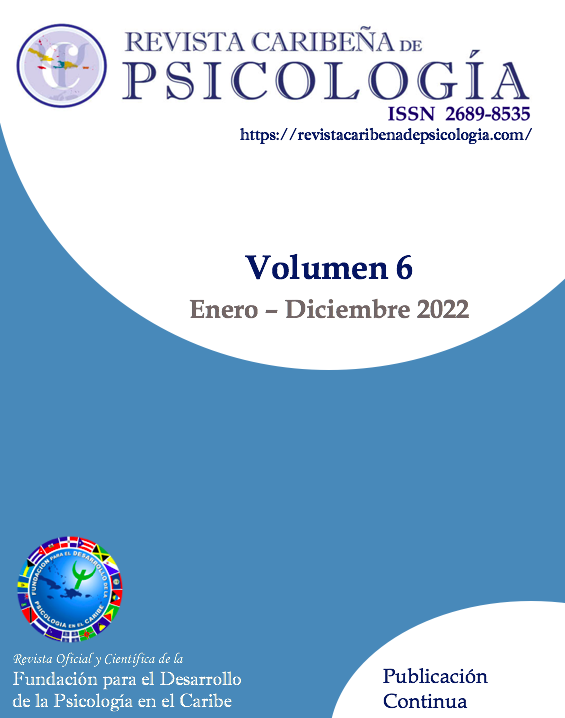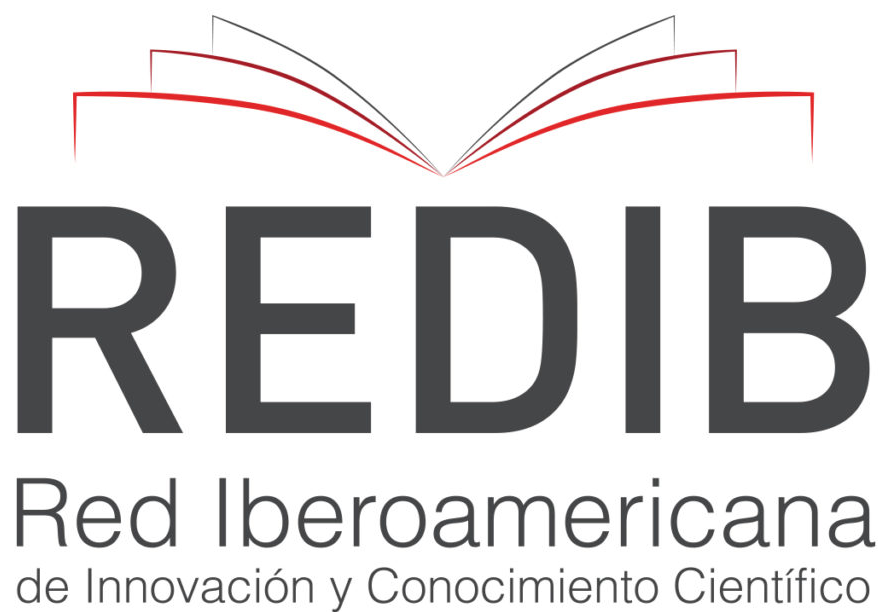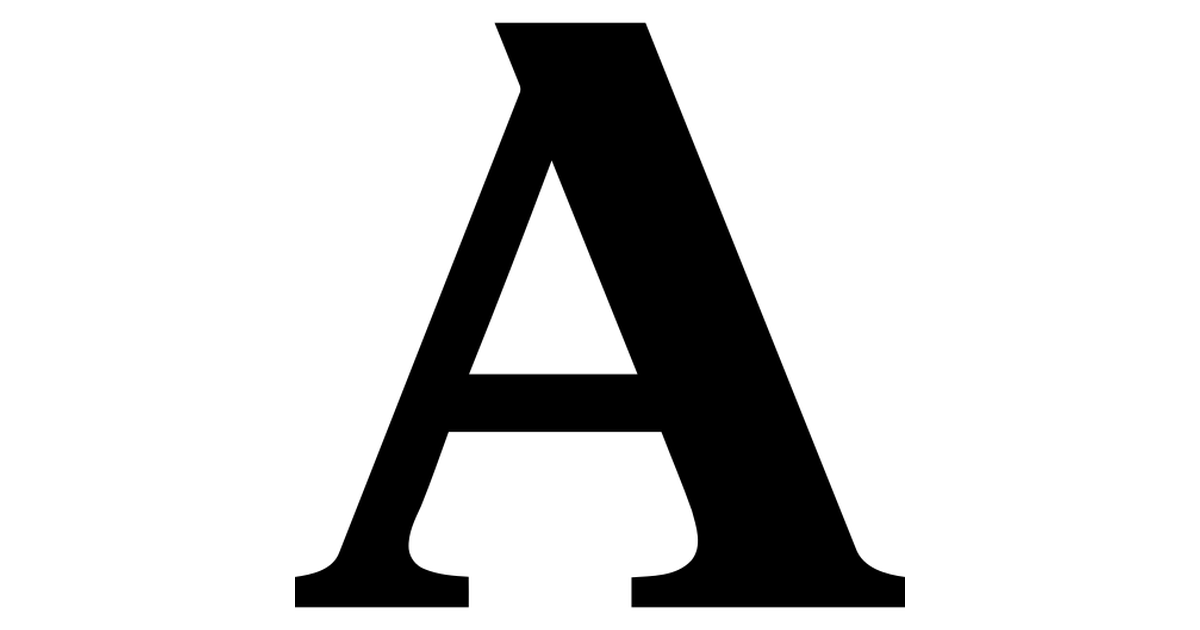Revistas Depredadoras: Un Mal Vertiginoso con Ramificaciones Intelectuales
DOI:
https://doi.org/10.37226/rcp.v6i1.6165Palabras clave:
fraude, publicaciones científicas, revistas depredadorasResumen
En este artículo discuto con amplitud el fenómeno de las revistas depredadoras, las cuales no poseen las características que tienen revistas académicas y profesionales. Así, por ejemplo, la revisión de pares no existe o es fraudulenta, no están asociadas a organizaciones de reputación reconocida y los editores y miembros de la Junta Editora son desconocidos o son identidades inventadas. El propósito es aceptar el artículo, a veces en cuestión de horas o días, para recolectar dinero por la publicación. Este tipo de revista ha crecido exponencialmente en los últimos años, abarcando también la psiquiatría, la psicología y las neurociencias. En este artículo se presentan características comunes de las revistas depredadoras y estudios realizados sobre cómo se lleva a cabo este proceso fraudulento. Se resalta que este tipo de publicación ilegítima puede corromper el conocimiento científico y atentar contra las bases epistemológicas de las ciencias naturales y sociales.
Citas
Abramowitz, J., Deacon, B., & Whiteside, S. (2019). Exposure thera-py for anxiety. Guilford.
American Psychological Association. (2014). Summary report of division journals operations. American Psychologist, 69, 531-532
Bartholomew, R. E. (2014). Science for sale: The rise of depredato-ry journals. Journal of the Royal Society of Medicine, 107, 384-385. https://doi.org/10.1177/0141076814548526
Beall, J. (2014). Unintended consequences: The rise of predatory publishers and the future of scholarly publishing. Editorial Of-fice News, 2014, 4-6.
Beall, J., & DuBois, J. M. (2016). Scholars beware. Monitor on Psy-chology, 47(4), 42.
Boetto, E., Golinelli, D., Carullo, G. & Fantini, M. (2021). Frauds in scientific research and how possibly to overcome them. Jour-nal of Medical Ethics, 47, e19. https://doi.org/10.1136/medethics-2020-106639
Bohannon, J. (2013). Who’s afraid of peer review? Science. 342(6154), 60-65. http://doi.org/10.1126/science.342.6154.60
Cobey, K., Lalu, M., Skidmore, B., Ahmadzai, N., Grudniewicz, A., & Moher, D. (2018). What is a predatory journal? F1000 Re-search, 7, 1000. https://doi.org/10.12688/f1000research.15256.2
Gelder, M. G., Marks, I. M., & Wolff, H. (1967). Desensitization and psychotherapy in the treatment of phobic states: A con-trolled inquiry. British Journal of Psychiatry, 113, 53-73. https://doi.org/10.1192/bjp.113.494.53
Gordin, M. D. (2021). On the fringe: Where science meets pseudoscience. Oxford University Press.
Hakami, R. (2017). Predatory journals: Write, submit, and publish the next date. Skeptical Inquirer, 41 (5), 25-29. https://skepticalinquirer.org/2017/09/predatory-journals-write-submit-and-publish-the-next-day/
Jiménez-Contreras, E., & Jiménez-Segura, J. J. (2016). Las revistas depredadoras, una nueva epidemia científica. Ciencia y Enfer-mería, 22(2), 7-12. https://revistas.udec.cl/index.php/cienciayenfermeria/article/view/168
Kelly, J., Sadeguieh, T., & Adeli, K. (2014). Peer review in scien-tific publications: Benefits, critiques, & a survival guide. The Journal of the International Federation of Clinical Chemistry and Laboratory Medicine, 25(3), 227-243. https://www.ncbi.nlm.nih.gov/pmc/articles/PMC4975196/pdf/ejifcc-25-227.pdf
Khadilkar, S. (2018). Rejection blues: Why do research papers get rejected? The Journal of Obstetrics and Gynecology of India, 68, 239-241. https://doi.org/10.1007/s13224-018-1153-1
Lack, C. W., & Rousseau, J. (2016). Critical thinking, science, and pseudoscience. Springer.
Longino, H. (1990). Science as social knowledge: Values and objectivity in scientific inquiry. Princeton University Press.
Longino, H. (2001). The fate of knowledge. Princeton University Press.
Looi, C., & Owens-Walton, O. (2020). Sharks: Predatory journals and conferences in psychiatry, neurology and neuroscience. Australian and New Zealand Journal of Psychiatry, 29, 1-2. https://doi.org/10.1177/0004867420919154
Manca, A., Martinez, G., & Cugusi, L. (2017). The surge of preda-tory open-access in neurosciences and neurology. Neuro-science, 353, 166–173. https://doi.org/10.1016/j.neuroscience.2017.04.014
Marks, I. M. (1981). The cure and care of neurosis. Wiley Publications.
McCain, K. (2016). The nature of scientific knowledge. Springer.
Mazieres, D., Kohler, E. (2014). Get me off your fucking mailing list. Stanford Secure Computer Systems Group, Stanford University. Retrieved November 22, 2014. https://www.scs.stanford.edu/~dm/home/papers/remove.pdf
Moher, D., & Srivastava, A. (2015). You are invited to submit… BMC Medicine, 13, 180. https://bmcmedicine.biomedcentral.com/articles/10.1186/s12916-015-0423-3#citeas
Omer, J., Mohammed, S.H., & Salih, R.Q. (2019). Predatory jour-nals in psychiatry. The Lancet. Psychiatry, 6, 564–565. https://openexcellence.org/predatory-journals-in-psychiatry/
Paris, J. (2005). The fall of an icon: Psychoanalysis and academic psy-chiatry. University of Toronto Press.
Pond, B., Brown, S., Stewart, D., Roane, D., & Harirforoosh, S. (2019). Faculty applicants’ attempt to inflate CVs using pred-atory journals. American Journal of Pharmaceutical Education, 83 (1), 12-14. https://doi.org/10.5688/ajpe7210
Simón, A., (2016). Pitfalls of predatory journals: A personal ac-count. Comprehensive Psychology, 5, 1-5. https://doi.org/10.1177%2F2165222816631691
Sorokowski, P., Kulczycki, E., Sorokowska, A., & Pisanski, K. (2017). Predatory journals recruit fake editor. Nature, 543, 481-483. https://doi.org/10.1038/543481a
Stromberg, J., (2014). A reporter published a fake study to expose how terrible some scientific journals are. Vox, April 24. https://www.vox.com/2014/4/24/5647106/a-reporter-published-a-fake-study-to-expose-how-terrible-some
Wolpe, Joseph. (1954). Reciprocal inhibition as the main basis of psychotherapeutic effects. Archives of Neurology and Psychia-try, 72, 205-226. https://doi.org/10.1001/archneurpsyc.1954.02330020073007
Wolpe, J. (1958). Psychotherapy by reciprocal inhibition. Stanford University Press.
Xia, J., Harmon, J., Connolly, K., Donnelly, R., Anderson, M., Howard, D. (2015). Who “publishes” in predatory journals? Journal of the Association for Information Science and Technology, 66, 1406-1417. https://doi.org/10.1002/asi.23265
Descargas
Publicado
Cómo citar
Número
Sección
Licencia
Derechos de autor 2022 Alfonso Martínez-Taboas

Esta obra está bajo una licencia internacional Creative Commons Atribución 4.0.







